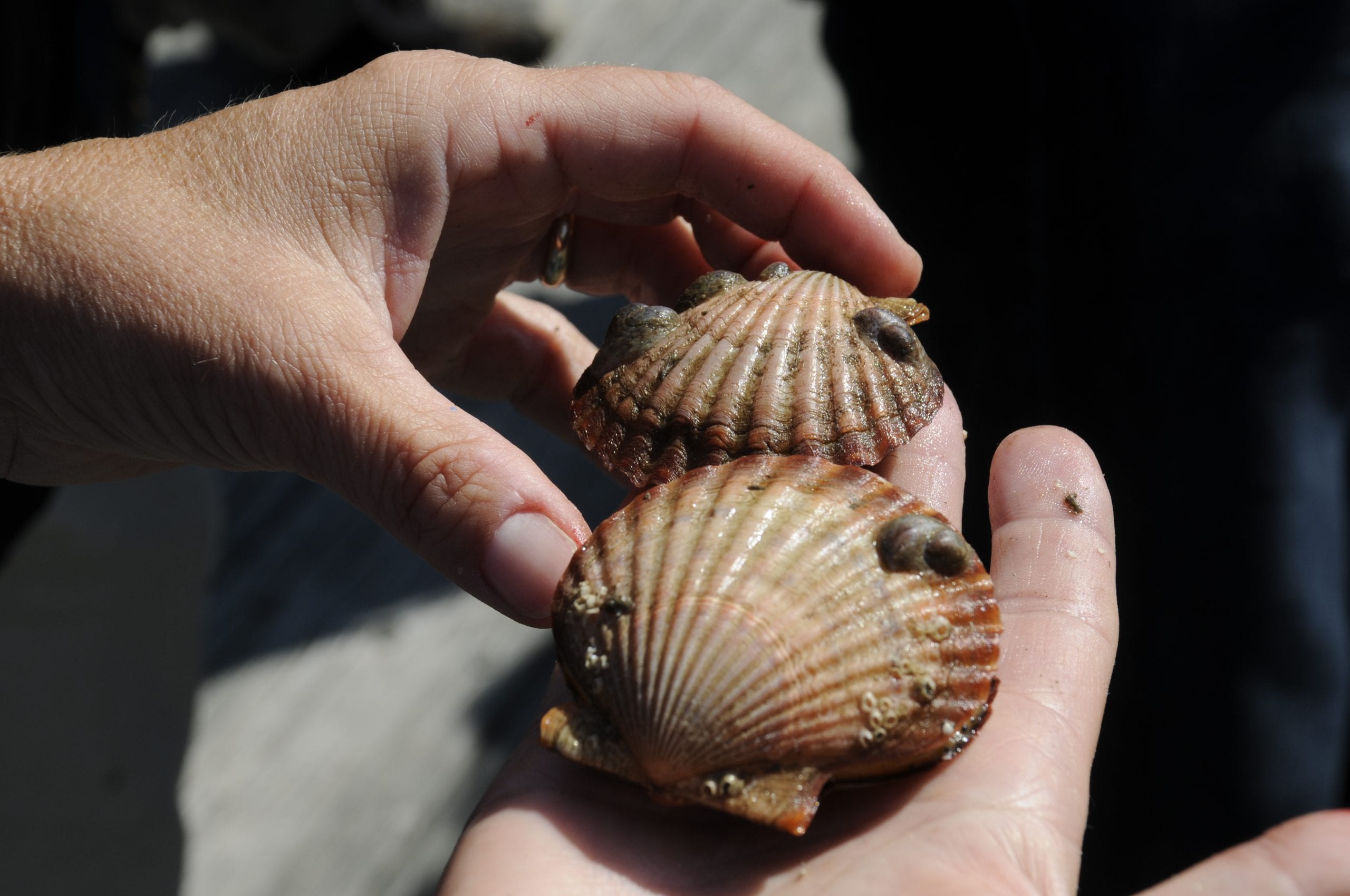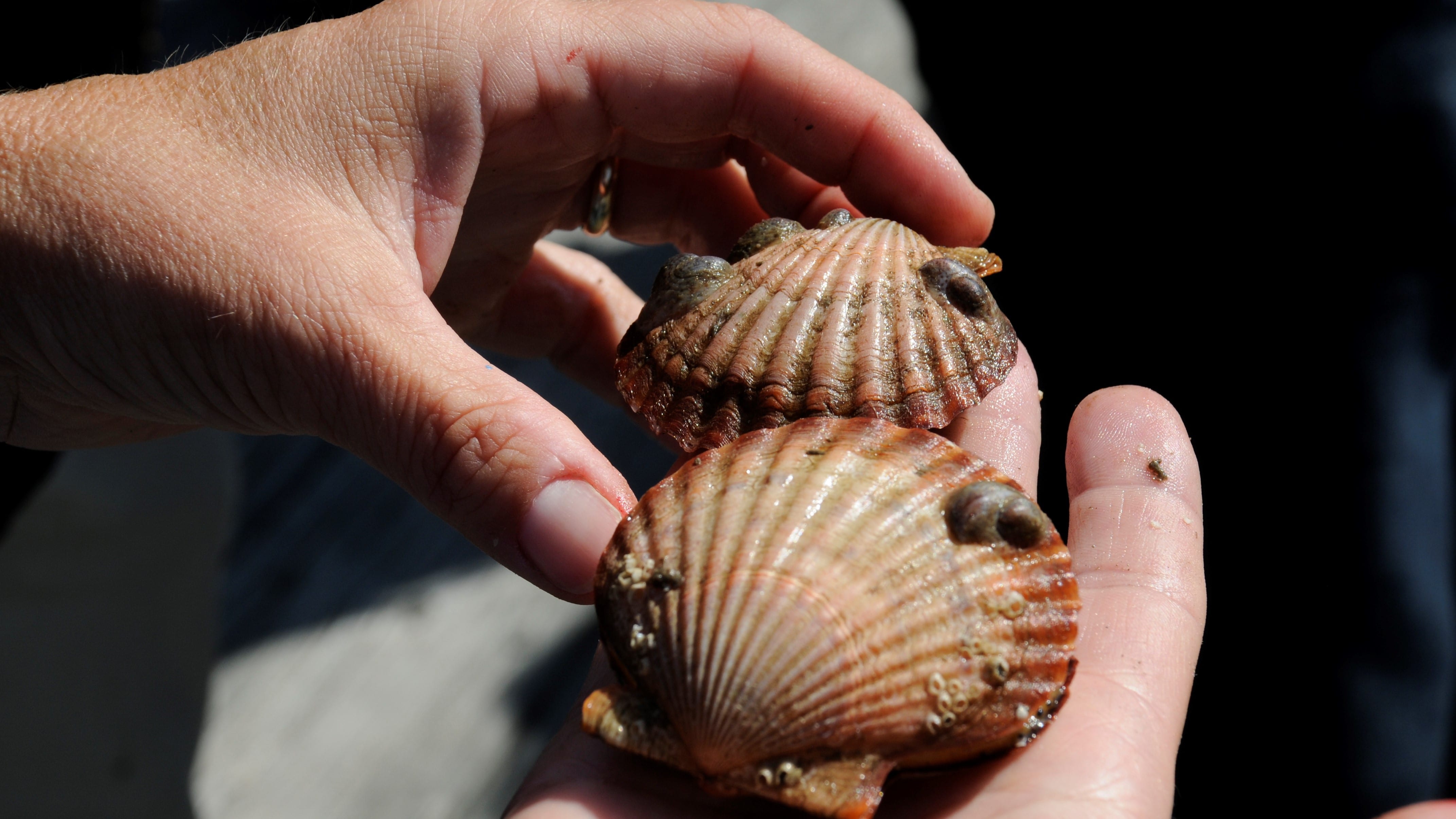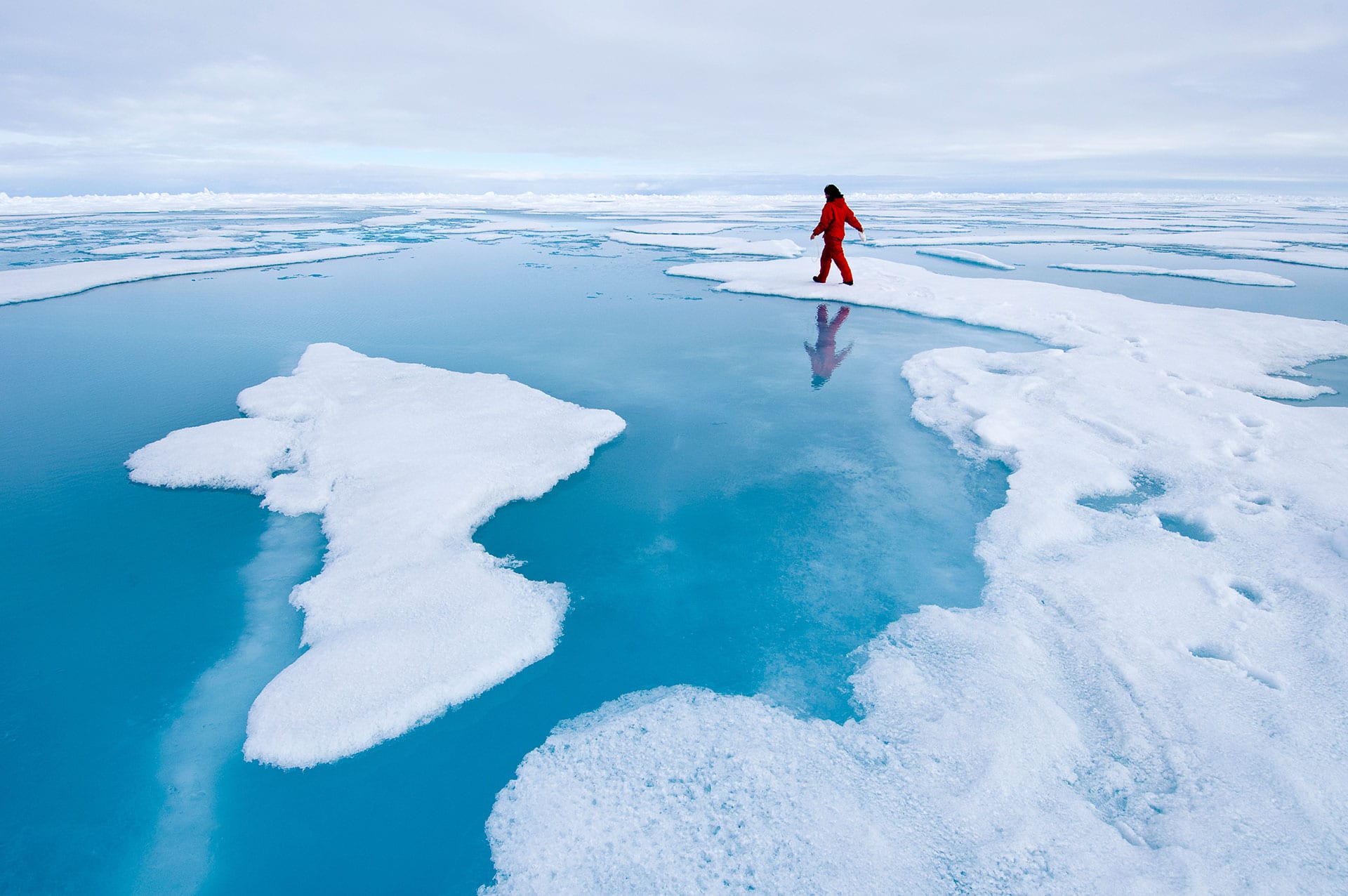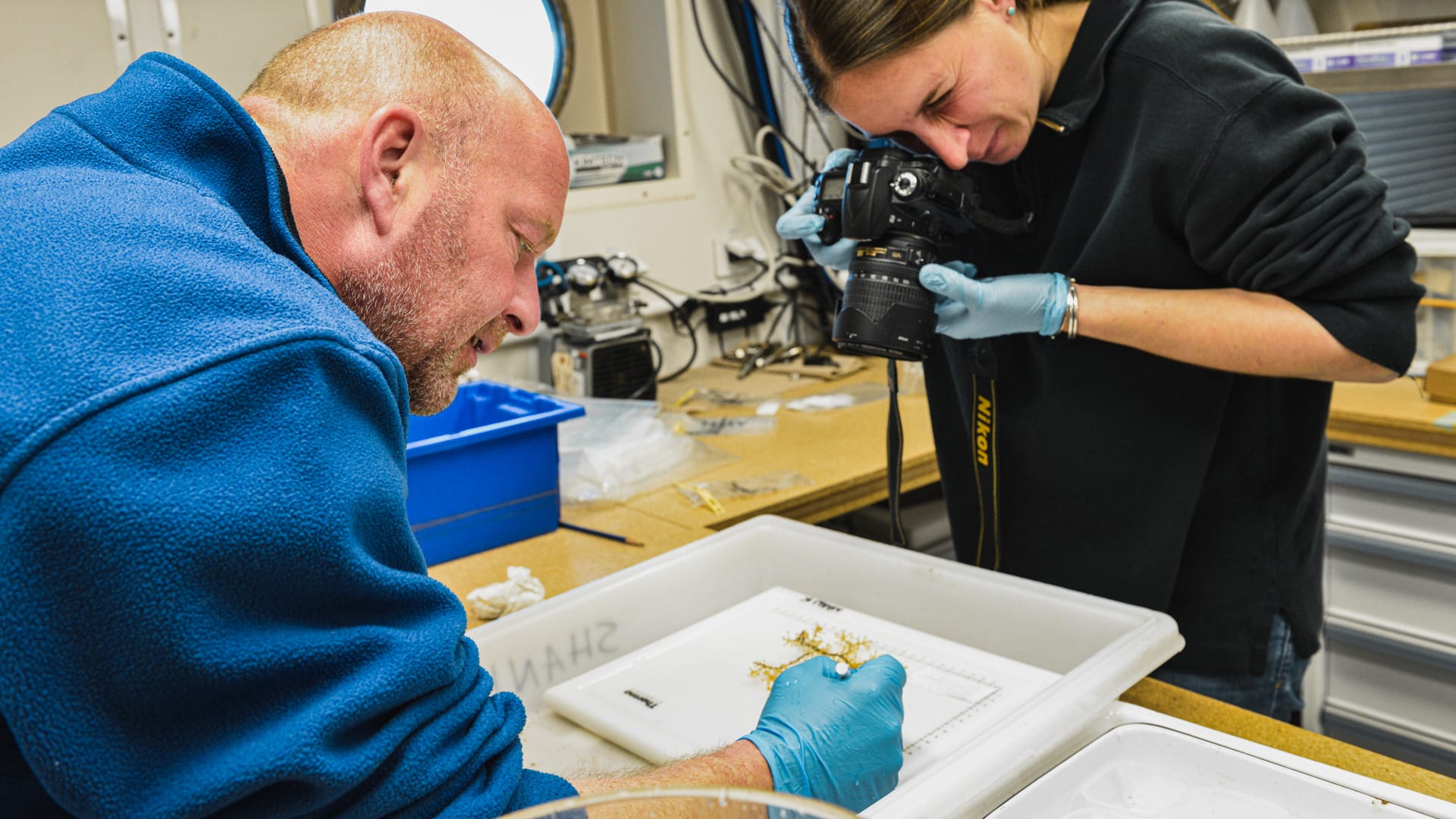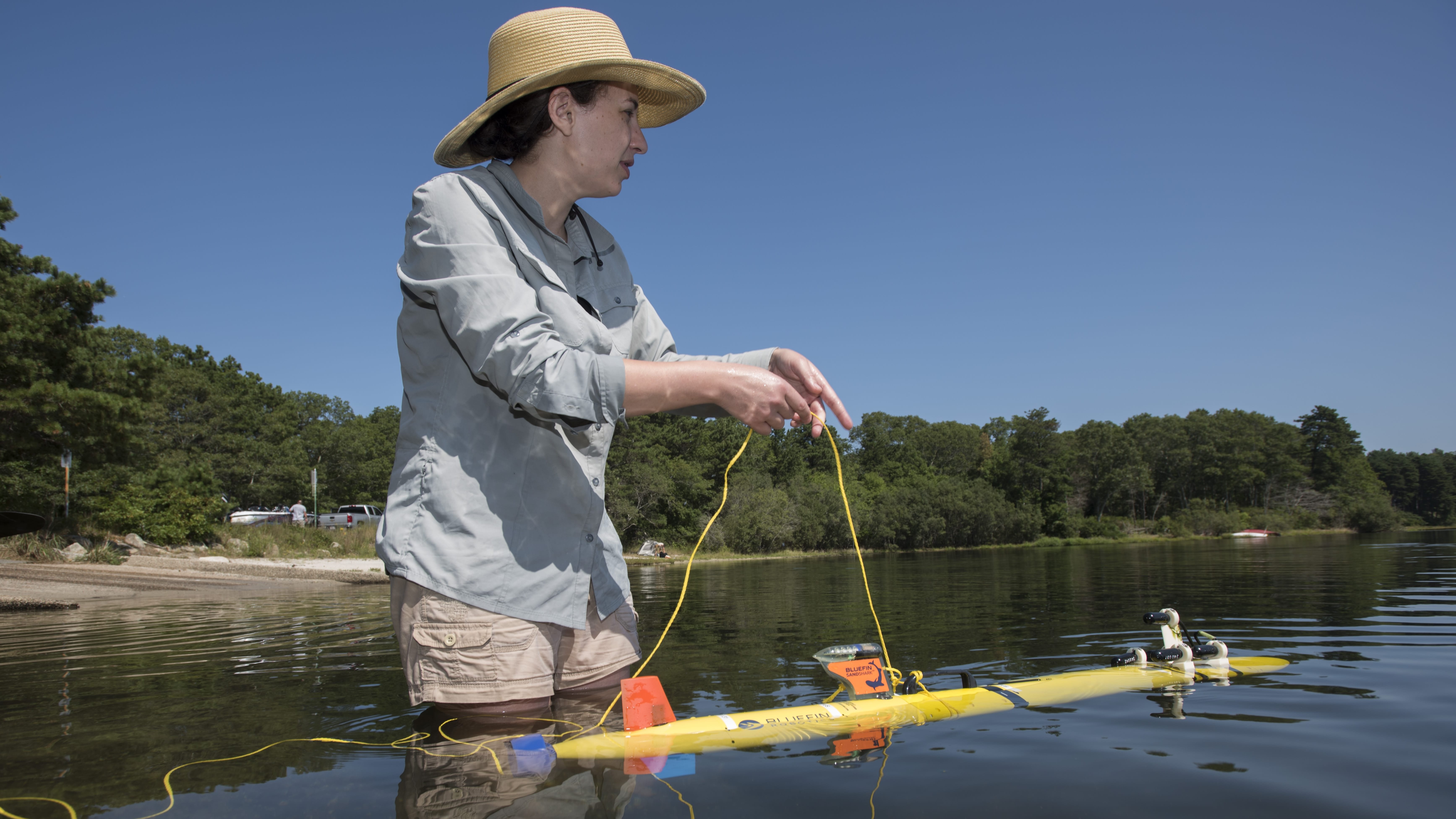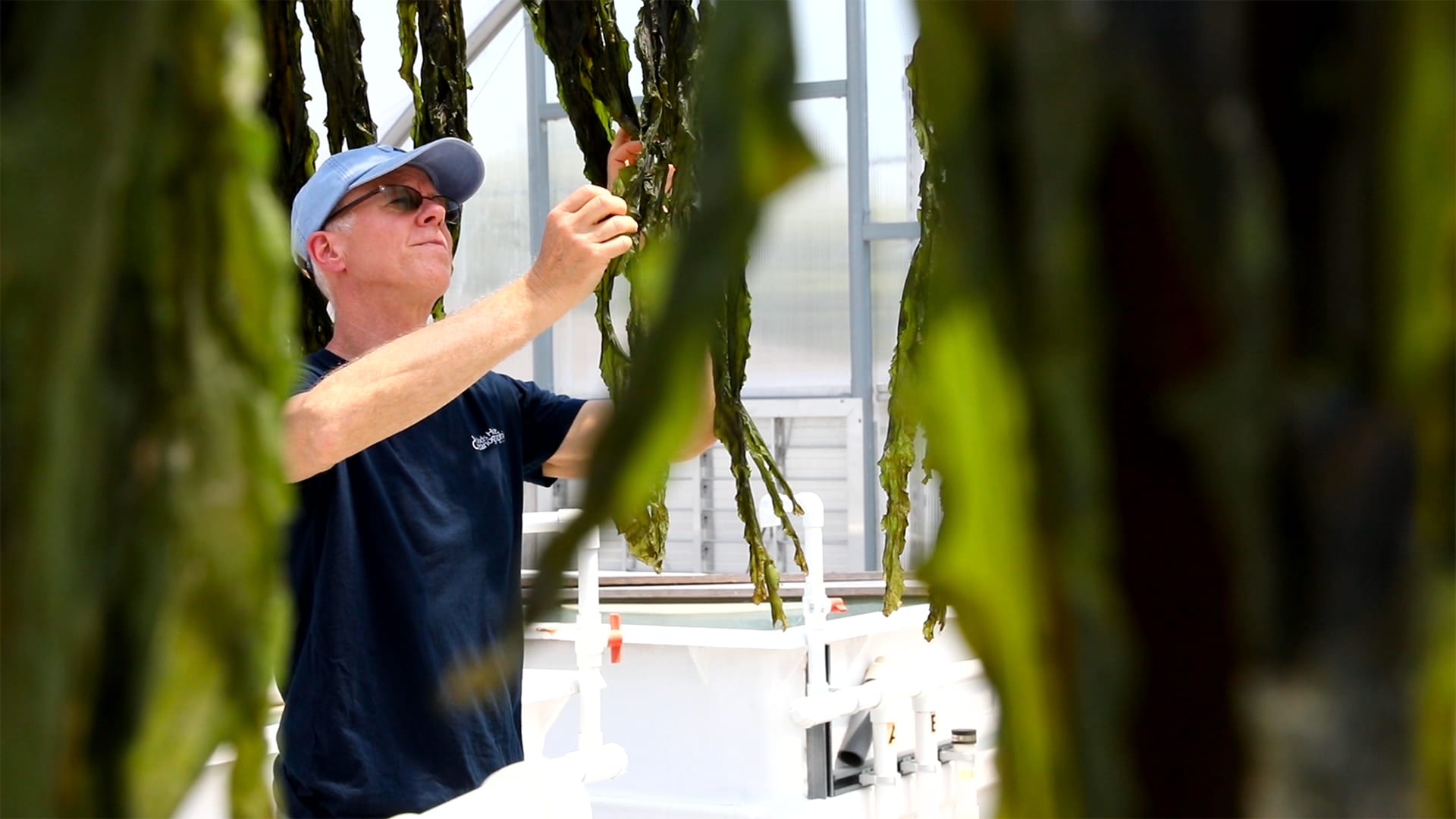News & Insights
WHOI working to address ocean acidification; protect region’s vital shellfish industry
A new report addresses the impacts of ocean acidification in Massachusetts and New England coastal waters on the region’s vital seafood industry.
Read MoreOcean acidification gets a watchful eye in New England aquaculture ‘hot spot’
Shellfish aquaculture is thriving in New England, but future growth in the industry could be stunted as coastal waters in the region become more acidic. Researchers at WHOI have developed a way to link nutrient load reductions to improvements in the health of Buzzards Bay, Massachusetts, which may an important step toward cleaner and less acidic harbors in the Baystate.
Read MoreThe Federal Ocean Acidification Research and Monitoring Act: H.R. 4174
Scott Doney, Senior Scientist Marine Chemistry & Geochemistry Department Woods Hole Oceanographic Institution June 5, 2008 Introduction Good morning Chairman Lampson, Ranking Member Inglis and members of the Subcommittee. Thank…
Read MoreEffects of Climate Change and Ocean Acidification on Living Marine Resources
Scott Doney, Senior Scientist Marine Chemistry & Geochemistry Department Woods Hole Oceanographic Institution May 10, 2007 Introduction Good morning Madame Chair, Ranking Member Snowe and members of the Subcommittee. Thank…
Read MoreOceans of Change
Oceans of Change WHOI scientists learn how the ocean shapes—and is shaped by—global climate By Madeline Drexler (Photo by Simon Buchou on Unsplash) “THE SEA NEVER CHANGES, AND ITS WORKS,…
Read MoreTo sail, not to drift
Navigating a changing ecosystem, funding marine science, and finding hope—WHOI Deputy Director Rick Murray charts the course toward our ocean’s future.
Read MoreShedding light on the deep, dark canyons of the Mid-Atlantic
WHOI biologist Tim Shank discusses the exploration of deep-sea canyons throughout the Mid-Atlantic Ocean and how ecosystems there can be managed sustainably in the face of climate change and increased human pressures.
Read MoreThe hive mind behind a swarm of submersibles
The vastness of our oceans demands extensive study methods. Erin Fischell, an assistant scientist in the Department of Applied Ocean Physics and Engineering, has been experimenting with a swarm of autonomous underwater vehicles that aim to both minimize cost and maximize the scope of scientific assessment at sea.
Read MoreKing Kelp
To help fuel our future energy needs, researchers are sizing up thousands of blades of sugar kelp—a promising source of biofuels—to breed strains that grow larger, heartier, and more abundantly.
Read More
